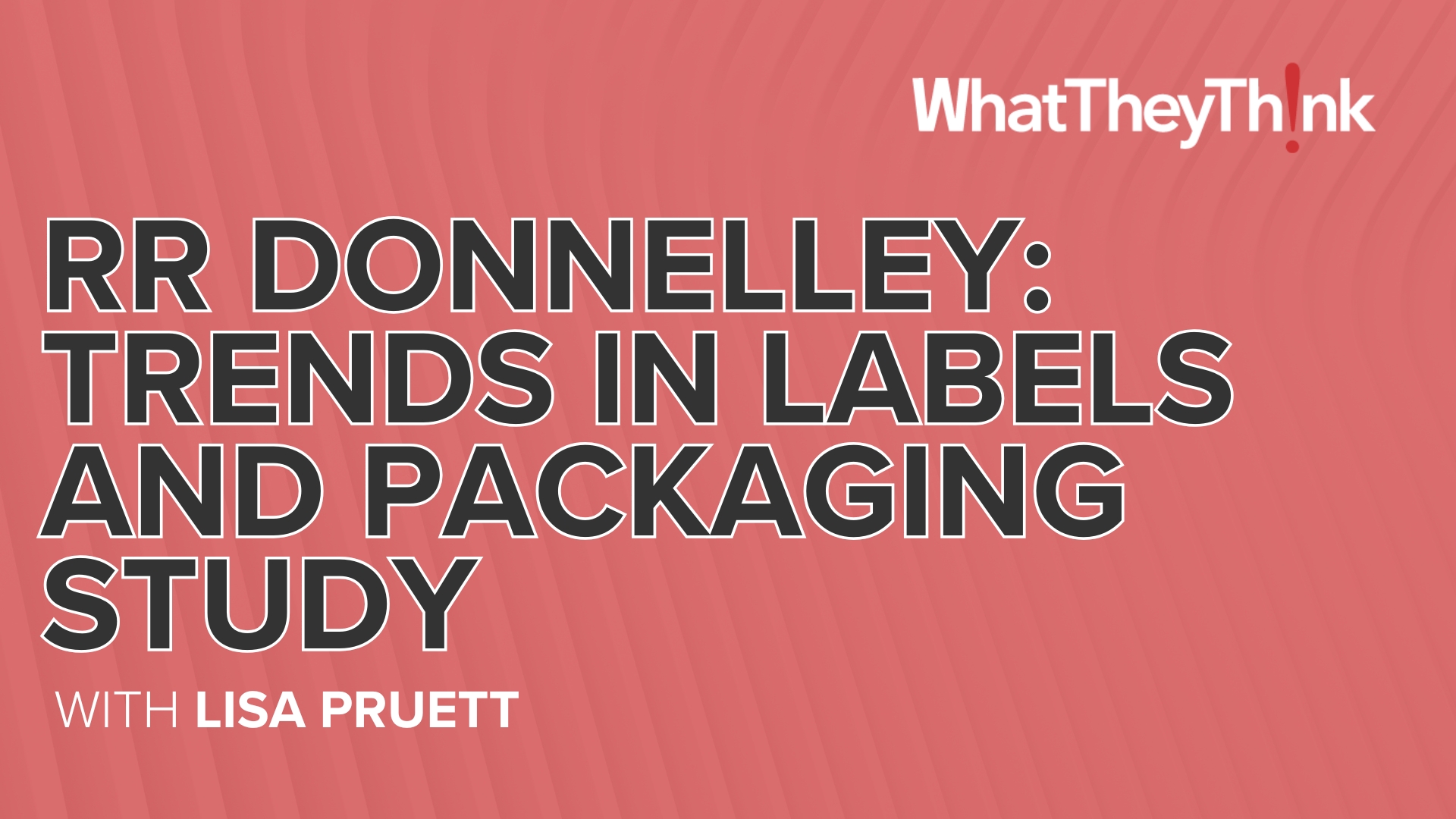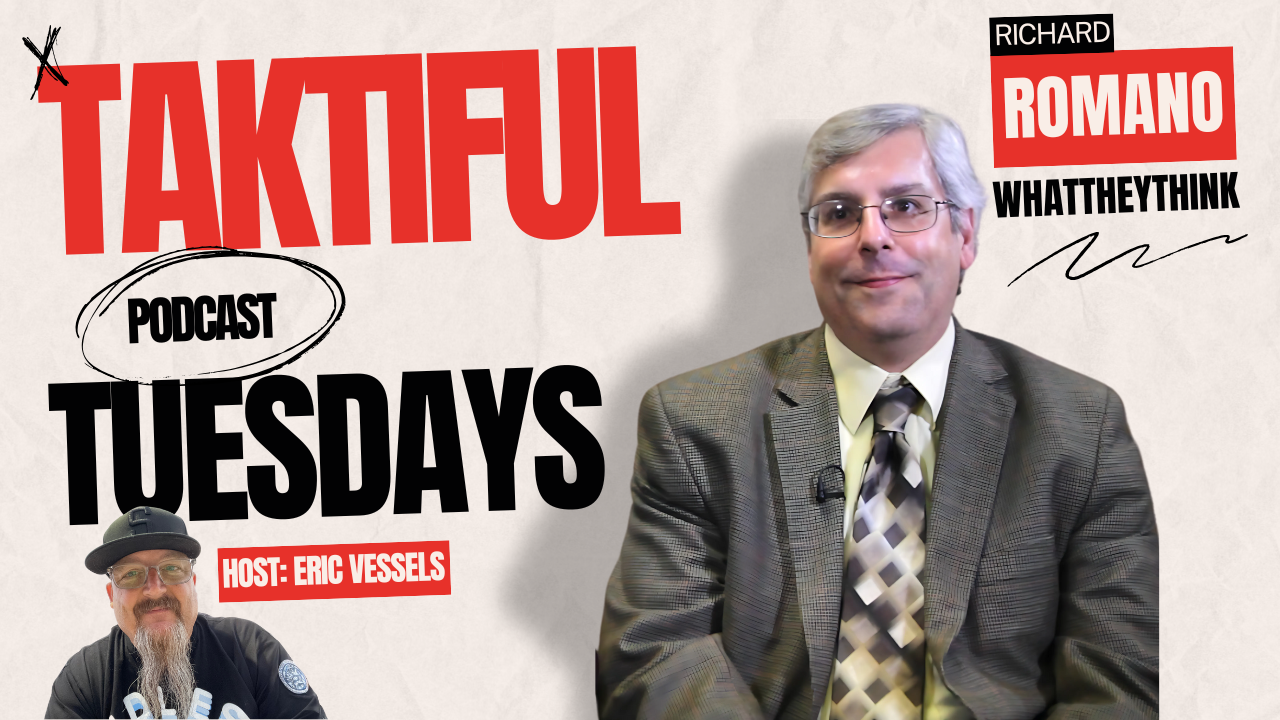A Bridge Over Troubled Waters
Press release from the issuing company
With the fizz of the luxe era at risk of going flat, and customers starting to ask serious questions about their purchases, James Montero MacColl assesses whether packaging can provide some of the answers?
As you marvel at some of the engineering genius behind the world's most remarkable bridges, from Australia’s Sydney Harbour to Tower Bridge in London, you'll notice the majority mix aesthetically pleasing features with ingenious feats of engineering - and this is precisely what modern luxury packaging must mirror.
Engineers have identified six basic bridge forms: the beam, the truss, the arch, the suspension, the cantilever, and the cable-stay. All of these are designed to cross divides, and most are very successful. However, that's assuming the two sides are happy about being connected. Bridges exist in a never-ending struggle between tension and compression, with two sides constantly pulling away from each other. If the engineer doesn't manage the demands of these two opposing sides, the bridge will buckle or collapse completely. This is the scope of the challenge facing modern-day luxury on the subject of sustainability, where some tension is needed, but too much could be catastrophic.
If you had to boil the state of luxury down to one word, it would be enduring. Its connection to the past, present and future is a testament to its enduring appeal. For a long time, the idea of combining luxury and sustainability seemed like a paradox. Often billed as a collision of two worlds – one that covers itself in opulence and extravagance, the other speaks to conspicuous consumption and societal and environmental concerns. You would have been forgiven for thinking the challenge was insurmountable.
Luxury has long been regarded as a platform for showcasing wealth and social status. Still, a fresh perspective has emerged, indicating that luxury and sustainability can cohabitate happily. In bridging luxury and sustainability and shaking off the segment's far-from exemplary past, some luxury brands are now striking the right balance between driving the desire for luxurious experiences and products and doing the right thing for the planet.
Some brands still see this change as a problem – something that has never been more complicated - but instead, they should look at sustainability as an exciting opportunity to create value and add appeal.
Responsible packaging means many new issues for the luxury packaging market, such as practicality, cost, material choice, aesthetics and maintaining brand image. But is asking brands to adapt and develop innovations somewhere at the crossroads of beauty, usefulness and respect, to guarantee the future of luxury, too much to ask?
Dressing for success
The past two years have been remarkable for the industry. But it has not been a sparking six months for luxury brands. Consumers across the globe have tempered the excesses of recent years.
At the turn of the year, most projections for 2024 predicted the resilience of luxury would be tested. Not a day passes by without one commentator or another suggesting the luxury bubble is about to burst, with customers less sensitive but not immune.
In recent weeks, Gucci owner Kering has issued a profit warning, with shares down 20% in the first quarter. That was echoed across the industry, with British fashion house Burberry falling 3.3% and Louis Vuitton owner LVMH down 1.6%. In addition, Ted Baker is nearing collapse, and Rolex is opting not to raise its prices for the first time in years – so it's easy to comprehend the nervousness.
As the world of luxury brands becomes increasingly saturated, it's more important than ever to stay ahead of the competition, and branding and packaging will be fundamental in achieving that. Continually appealing to the discerning luxury customer isn't as straightforward as you might think.
While we've witnessed many brands overhaul their supply chains to ensure more sustainable practices at every stage, 2024 will likely see a significant ramping up of branding and packaging as they seek to reflect their new ethos in one of the most public-facing areas of their business – product packaging.
Brands that can demonstrate an overall commitment to reducing their carbon footprint will likely find themselves ahead of the competition and resonate more deeply with those that value ethical and environmentally conscious choices. As a result, brands want to talk loudly about their sustainability strategy.
London Packaging Week is renowned as one of the premier exhibitions around the world for sustainable and stylish packaging solutions. Top luxury brands often walk the floor of the ExCeL on the lookout for sophisticated packaging that prioritises their environmental commitments while adhering to aesthetic expectations.
Zooming out for a moment to gain some much-needed perspective, sales were always likely to soften following a pandemic-era surge, and luxury brands must now work harder for growth and look for new opportunities. Whether a seasoned consumer, curious newcomer or long-time industry veteran, the opportunity to tap the brightest minds in the business at September's London Packaging Week and hear Founders and CEOs of major global companies talk about their pain points, is not to be missed, nor undervalued.
New luxury, new narrative
Young people could be key to reamplifying the luxury market.
Gen Z consumers are starting to buy luxury goods at age 15, three to five years earlier than millennials did, according to a report from Bain & Co. And by 2030, younger generations (Generations Y, Z, and Alpha) will become the biggest buyers of luxury by far, representing 80% of global purchases.
The language of luxury is changing. From conspicuous to conscious. From ownership to participation. From loud to quiet. However, two traits will always hold currency in the next generation of luxury: creativity and confidence.
In a category where higher price points typically mean adding more – more weight, more materials, more bulk – it takes confidence to choose less. Brands are increasingly aware of their essential role in driving sustainable development and are making genuine efforts to incorporate sustainability into the entire value chain of luxury brands.
Heritage credentials are no longer enough to win over the new generation of luxury consumers. While luxury's legacy of superiority and quality may hold older audiences under its spell, Millennials and Gen-Z and their respective motivations are driven more by values and beliefs.
Standing out increasingly means standing for something. The designer's role is becoming increasingly strategic and about upholding a brand, adding value and conjuring a narrative that aligns with a brand’s wider work on sustainability. Brands must work hard to eliminate bad practices and convince consumers that they're doing the right thing by buying with them. Reflecting all of this and more in product packaging in no mean feat, but it has never been more important for luxury brands to get right.
The luxury market has been built on mystique, tradition, decadence and aspiration. With determined work, particularly through the malleable conduit of packaging, it is possible for high-end brands to redefine quality. As always, it's down to innovative packaging manufacturers to provide the experience-driven consumers of the future with the type of luxury that is required, but also to provide sustainability.
Whether it is looking at ways packaging can have a second life, decoration to remove secondary packaging, eco-friendly packs, the use of new bio-based materials, weight reduction without compromise, gravitation towards reuse and refill, digitalisation and AI propelling personalisation, there are ways and means of maintaining many of the alluring qualities we have come to know and love.
At the 12th edition of London Packaging Week, visitors will see new technologies and efficiencies that will still allow for that premium feel but with fully recyclable, refillable or plastic-free properties. As a luxury brand, sustainable packaging is indispensable. Green is the new gold for luxury. With the right approach, materials, design and packaging partner, it's possible to create luxury packaging solutions that meet consumer desires, are environmentally responsible, and elevate the entire product experience. And the right place to discover these innovations is at London Packaging Week!
- Questions to ask about inkjet for corrugated packaging
- Can Chinese OEMs challenge Western manufacturers?
- The #1 Question When Selling Inkjet
- Integrator perspective on Konica Minolta printheads
- Surfing the Waves of Inkjet
- Kyocera Nixka talks inkjet integration trends
- B2B Customer Tours
- Keeping Inkjet Tickled Pink
© 2024 WhatTheyThink. All Rights Reserved.














